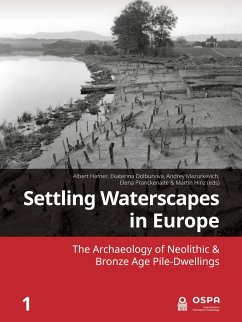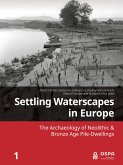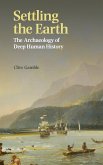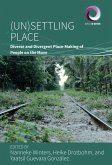Pile dwellings have been explored over a vast region for a number of decades now. This has led to the development of different ways, methods, and even schools of under-water and peat-bog excavation practices and data analysis techniques under the influence of different research traditions in individual countries. On the one hand, these and other factors can limit our understanding of the past, whilst on the other hand they can also open up further avenues of interpretation.By collecting the papers presented at the 2016 session of the EAA in Vilnius, this book aims to take this diversity as an opportunity. The geographical scope extends from the Baltic to Russia, Belarus, Albania, North Macedonia, Bulgaria, Bosnia, Croatia, Greece, Germany, Austria and Switzerland to France.The volume thus provides a current insight into international research into life in and around a vast array of prehistoric waterscapes.Extensive multidisciplinary research carried out in recent years has provided new data with regard to the anthropogenic influence on the landscapes around Neolithic and Bronze Age pile dwellings, which allows us to characterise in more detail the lifestyles of the settlements' inhabitants, the peculiarities of the ecological niche and the interaction between humans and their environment. The volume also contains various case studies that demonstrate the importance of scientific analyses for the study of settlements between land and water.Overall, the volume presents an important new body of data and international perspectives on the settlement of European waterscapes.
Hinweis: Dieser Artikel kann nur an eine deutsche Lieferadresse ausgeliefert werden.
Hinweis: Dieser Artikel kann nur an eine deutsche Lieferadresse ausgeliefert werden.








